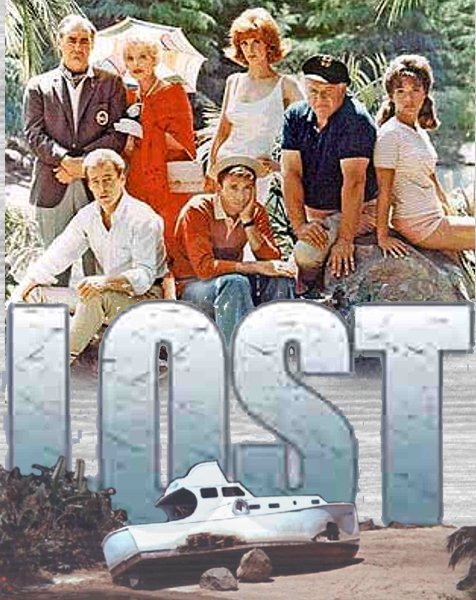
 The other day, I pointed you to Carolyn Kellogg‘s masterful debunking of Lee Siegel‘s snide and absurd assertion in the New York Observer that fiction is dead and culturally “irrelevant.”
The other day, I pointed you to Carolyn Kellogg‘s masterful debunking of Lee Siegel‘s snide and absurd assertion in the New York Observer that fiction is dead and culturally “irrelevant.”
Now, Jason Pinter has added insult to well-deserved injury with his attack on Siegel, with a piece in the Huffington Post arguing that it’s not fiction, but the snooty “literati” class that is dead and culturally irrelevant for dismissing the importance of genre fiction.
Pinter states:
The more the literary establishment simply ignores anything other than the moldy old status quo, the quicker they will join Lee Siegel in his musty ivory tower, missing out on all the wonderful books, blogs and writers who revel in writing outside the archaic rules of the literary establishment.
This observation brings to mind a quote from the greatest work of genre fiction of the 1900’s, and perhaps the most influential fiction of any sort in that century, Tolkien’s Lord of the Rings. I can still remember when being a fan of Tolkien was an occasion for ridicule, but the themes of addiction, the strength of the “little guy,” and overcoming despair in the face of violent evil were addressed nowhere as vividly as in Tolkien’s fantasy story about furry-footed hobbits.
Put into the mouth of Gandalf in the film adaptation, the quote brought to mind by Pinter’s observation above is from Faramir in the book:
The Númenorians … hungered after endless life unchanging. Kings made tombs more splendid than houses of the living, and counted the names in the rolls of their descent dearer than the names of sons. Childless lords sat in aged halls musing on heraldry; in secret chambers withered men compounded strong elixirs, or in high cold towers asked questions of the stars.
Do I have my misgivings about certain trends in today’s literary world? Absolutely! I could use fewer sparkly pedophilic vampires, and I am less than sanguine about the recent trend toward sampled mash-ups.
But, unless the literary elite want to end up throne-less and irrelevant, they will move with the flow of culture’s river, appreciate the best writers driving today‘s literature, and leave aside their foolish dreams of a perpetual Golden Age based on dry honors and impotent nostalgia.


 Today, in the aftermath of the long-anticipated Lost finale, I want to investigate good and bad ways to finish a storyline driven by suspense.
Today, in the aftermath of the long-anticipated Lost finale, I want to investigate good and bad ways to finish a storyline driven by suspense.